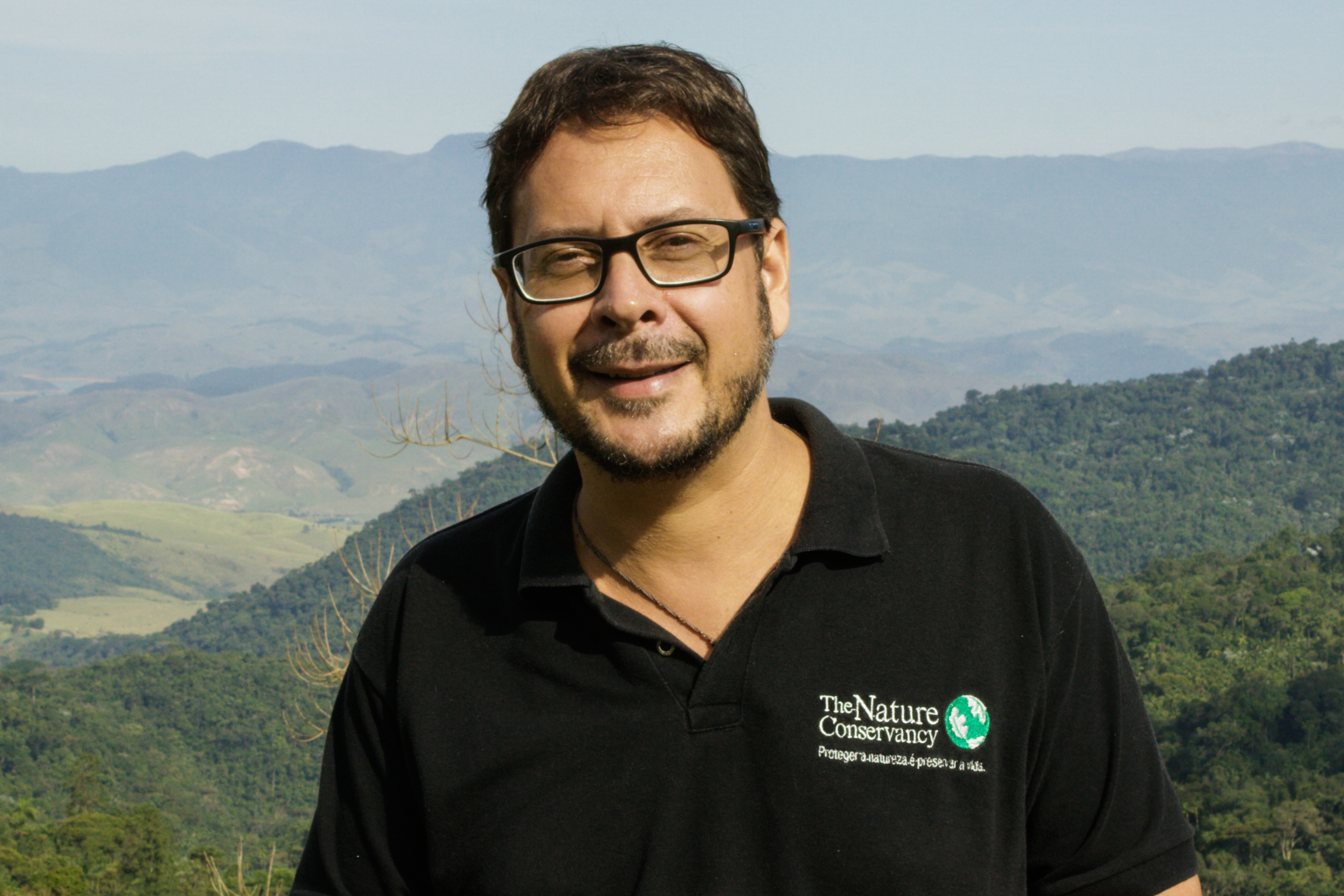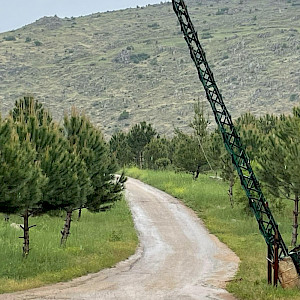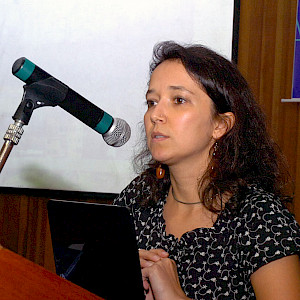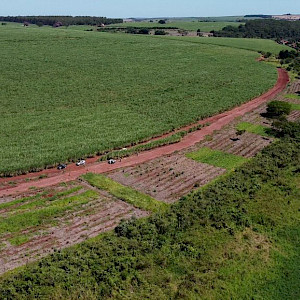Landscape restoration should not be treated as a financial onus, but as an investment in the future of society. This is what The Nature Conservancy's Forestry and Restoration leader, Rubens Benini, believes. He cites three main challenges to making progress on the issue: awakening rural producers' interest in the topic, since most of the areas to be restored are privately owned; funding for restoration; and the quality of restoration.
"Some say that restoration is expensive, but I don't agree. It's possible to work with new technologies, new methods and reduce the cost. But we can't look at restoration as something costly because what it brings in benefits is more than we spend," Benini said.
The increasing conversion of natural areas to human occupation generates a series of negative impacts for the environment — such as the loss of biodiversity and environmental degradation — as well as for civil society, with increased pollution and climate change. Restoration, on the other hand, helps maintain water quality, prevents new pandemics and conserves soil, water and food quality. “What the restoration generates in terms of benefits, not only for nature, but for humanity itself, is much more positive than the cost you have”, added Benini.
For these reasons, it is essential to work on a common agenda among civil society organizations. By sharing ideas and actions, it is possible to achieve results in the reforestation process. This is where the Global Partnership and Landscape Restoration, of which TNC has been a member for a year, comes in.
In Benini's assessment, the group has aggregated discussions on the global restoration agenda through the efforts of various partners. Within the GPFLR, TNC exchanges information, experiences, and knowledge with other institutions in order to replicate actions to reach other sectors of society. "The GPFLR helps to spread the word about quality restoration. We're able to gather and exchange information, experiences and robust materials to help in various ways”.
Although the world is discussing the impacts of deforestation at a global level and drawing up strategies to guarantee the livelihoods of future generations, there is still another issue to be considered: the quality of the restoration. "It's important to do it right, with the right techniques and quality seedlings and seeds, because if we use the wrong technique in the wrong place, we could lose investment in those resources," Benini said. "That's why the GPFLR is so important. This exchange of experience in terms of strengthening training and producing materials. The GPFRL is heading in this direction: to do things right and with quality," he added.
What the restoration generates in terms of benefits, not only for nature, but for humanity itself, is much more positive than the cost you have
Restoration and economy
In 2017, The Nature Conservancy published the book "Forest Restoration Economy", which discusses the economic development achieved through quality restoration. The study concluded that, on average, for every 2.5 hectares restored, one direct job is generated. "This could be a very interesting pro-economic movement in Brazil and worldwide. Investing in restoration, in addition to guaranteeing ecosystem services, which are the basis for life on earth, is also an important factor in the country's or even the global economy," said Benini.
The role of restoration, however, belongs to everyone: governments, civil society and private organizations. As a civil society organization, TNC shows the existing paths to recovery by bringing solutions that can help to mitigate the problems caused by deforestation around the world. But everyone must engage. "It's up to the public sector, for example, to regulate, to define what is urgent, to channel resources, to create effective public policies. It's up to the private sector to show that they're not just concerned with profit, but also with maintaining the business. After all, if there's no water, no climate, no human being, there's no trade and no market," said Benini. "If this is taken seriously, we should have all three sectors holding hands on this topic”.










